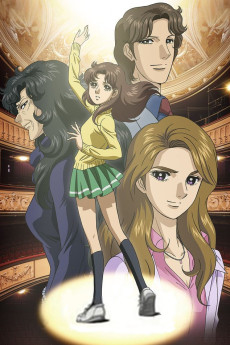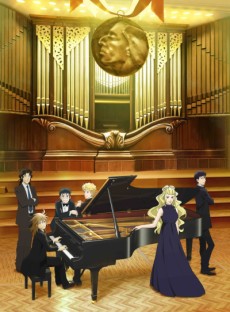NODAME CANTABILE
STATUS
COMPLETE
EPISODES
23
RELEASE
June 15, 2007
LENGTH
22 min
DESCRIPTION
Shinichi Chiaki is a first class musician whose dream is to play among the elites in Europe. Coming from a distinguished family, he is an infamous perfectionist; not only is he highly critical of himself, but of others as well. The only thing stopping Chiaki from leaving for Europe is his fear of flying. As a result, he's grounded in Japan.
During his 4th year at Japan's top music university, Chiaki happens to meet Noda Megumi; or as she refers to herself, Nodame. On the surface, she seems to be an unkempt girl with no direction in life. However, when Chiaki hears Nodame play the piano for the first time, he is in awe at the kind of music she plays. To Chiaki's dismay, Nodame moves into the apartment next to his and finds out that she is head over heels in love with him.
Nodame Cantabile tells the story of Chiaki and Nodame, as they not only learn to deal with each other, but learn lessons from one another as they strive for the top of the musical world.
[Written by MAL Rewrite]
CAST
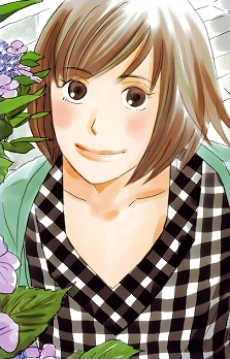
Megumi Noda

Ayako Kawasumi
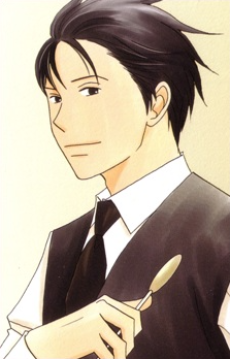
Shinichi Chiaki
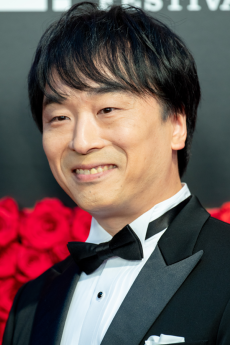
Tomokazu Seki

Ryuutarou Mine
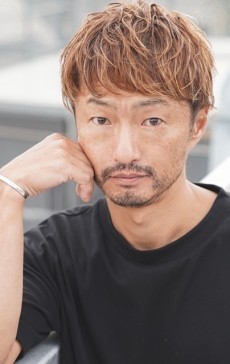
Shinji Kawada
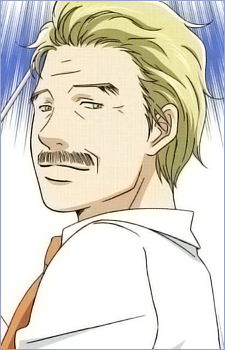
Franz von Stresemann

Shinji Ogawa
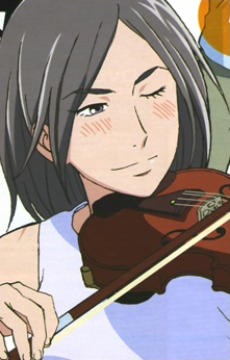
Kiyora Miki

Sanae Kobayashi

Masumi Okuyama

Keisuke Oda

Yasunori Kuroki
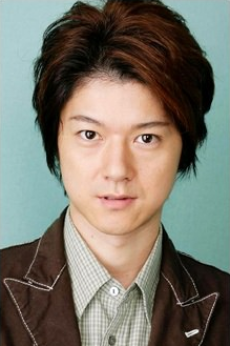
Masaya Matsukaze
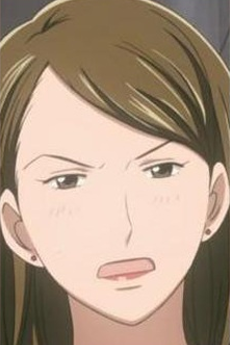
Saiko Tagaya

Hitomi Nabatame

Charles Auclair

Motomu Kiyokawa

Kouzou Etou
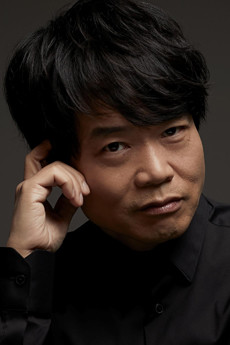
Kazuya Nakai

Elise

Tomoko Kawakami
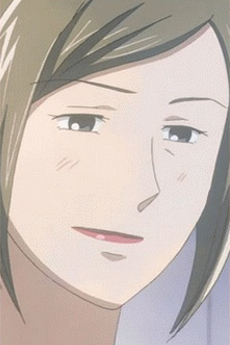
Seiko Miyoshi
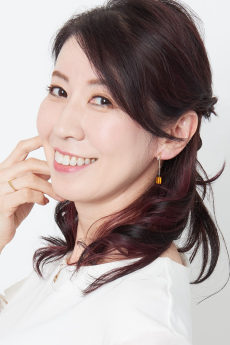
Kotono Mitsuishi
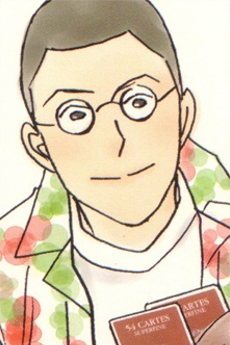
Tooru Kikuchi
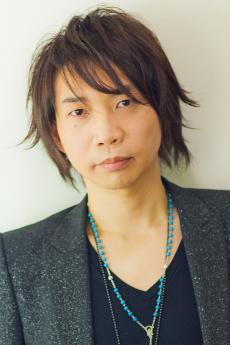
Junichi Suwabe

Takehiko Miyoshi

Houchuu Ootsuka
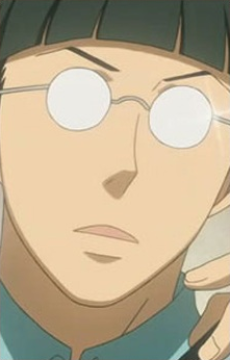
Tomohito Kimura
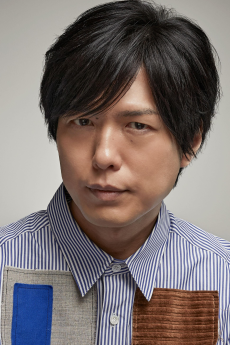
Hiroshi Kamiya
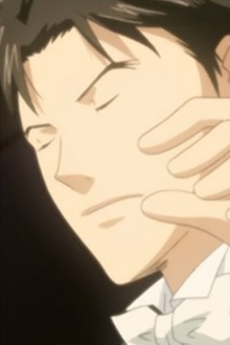
Yukihisa Matsuda
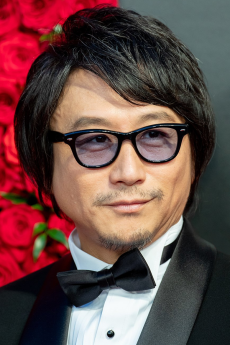
Hiroki Touchi
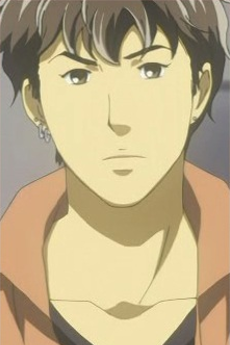
Noriyuki Takahashi
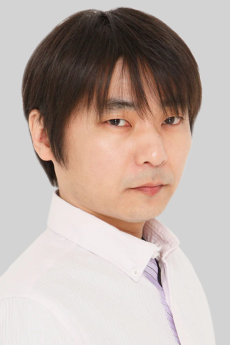
Akira Ishida
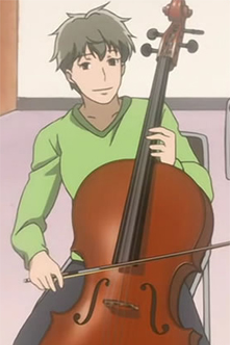
Yuki Inoue

Ayumi Fujimura
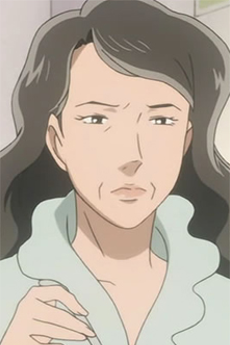
Midori Nakamura

Natsuki Mori

Oliver

Hiroki Yasumoto
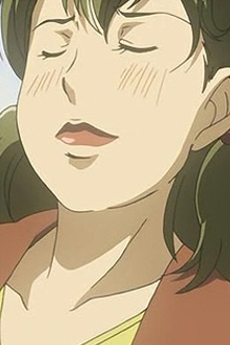
Saya Suganuma

Satomi Arai
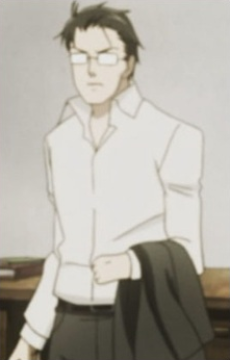
Masayuki Chiaki

Kenyuu Horiuchi

Nina Lutz
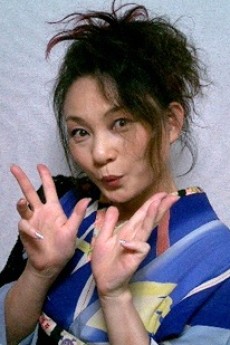
Shouko Tsuda

Manabu Sakuma
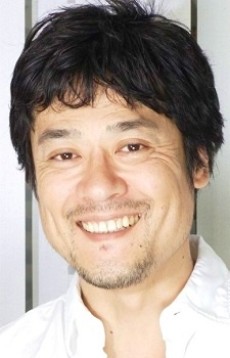
Keiji Fujiwara

Rena Ishikawa
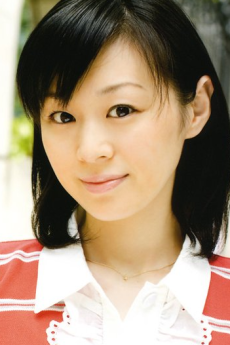
Saeko Chiba
EPISODES
Dubbed
RELATED TO NODAME CANTABILE
REVIEWS

Goukeban
79/100A quirky, if uneven lesson about expectations.Continue on AniListA quite funny argument you might find occasionally in defense of a work is the saying “you watched it wrong”, implying that any criticism the person might have to the series in question comes from having watched it with the wrong mindset. While I find particularly silly that one would primarily assume such case about someone else’s opinion when facing criticism to a beloved work, since it’s a very pretentious attitude, it doesn’t seem unlikely that a circumstance like that can happen. That was the issue I faced when I began watching Nodame Cantabile, an anime I started with the expectation of being a clean-cut romance, a genre that I’m especially attracted to, as some of my favorites might have hinted. While romance is an important aspect of the anime, I soon came to realize it wasn’t the focus of the story. Nodame Cantabile is instead a story about the passion for music and perseverance for the art, with romance being relevant, but secondary.
Story and Characters
If you are by any chance sick to death of the high school setting (I’m not) you can relax with this one, because Nodame Cantabile takes place at a music College, where the characters are adult enough to be thinking about meaningful aspects of life, like the pursuit of a career or marriage, and not be obnoxiously shy around the idea of sex, but still enrolled in a setting that requires them to go through a similar routine to that of a high school anime. Except the playing at orchestras part, obviously. There’s frankly not much I can comment about the progression without addressing it as it relates to the characters, so let’s get to them.
Chiaki is the main and best character of the series. He’s focused, hardworking and dedicated to his dream of becoming a conductor, which reflects on his skills as a musician, that make him widely respected among his college mates. Only these attributes, however, could make him an unbearable Mary Sue, so he also features quite pertinent flaws that are obvious even to those who admire him. He’s impatient, has a slight superiority complex and, at the beginning, is quite persistent about interpreting music strictly the way it’s written. His character arc is focused first of all in understanding the human aspect of playing a song, taking into consideration when to be bossy and when to let loose and understand the impetus of the musician, as well as the heart of the song. Perhaps the only misstep of his development would be when, halfway through the story, the series brings more of his life outside of music, expanding his relationship with his family, an aspect which, unfortunately, is cut short and not given the depth it deserves, when the rest of his arc is so competently conducted.
Noda Megumi, or Nodame, as she is commonly called, is the main female lead and a complete air-head. She is a talented pianist, but unlike Chiaki, displays a carefree play style and attitude. Being blunt, Nodame is the weaker end of the character line-up of the series. She seems to have barely any agency or meaning to Chiaki’s character in the first arc, with a clearly one sided dynamic in regards to the romance for most of the duration of the anime. After witnessing Chiaki play on a College event is that she realizes the difference in skill between them and the plot hints at a possible development to her character, just to quickly revert her back to normal, an event that seems to be fairly recurrent until the conclusion, when she finally takes measures into improving as a musician. She is actually a character that would benefit from being placed in high school, as in this instance her immaturity and behavior would be coherent with the setting. Nearing the conclusion, more of her past is laid out to the viewer, although lacking the depth and sense of weight that would give it stronger impact.
Next in line is Stresemann, an experienced and reputed conductor with a womanizing habit, very loose work ethics and irresponsible behavior. Right after his introduction, Stresemann gives barely any reason to support why he would be a competent conductor, let alone a renowned one, up until the second quarter, when he takes a stronger role as an agent of the story, by taking Chiaki under his guidance, bringing more attention to his talent, as well as helping him take the stick off his ass and open up as a musician. Through his influence is that Chiaki first notices the importance of not simply being an authoritarian leader and taking into consideration the state of the musicians working under his baton.
Following up on the characters that mean something, there’s Mine, a violinist and Chiaki’s friend. He is a very proactive character, responsible for the idea of forming an orchestra under Chiaki’s leadership after several students graduate and is incredibly passionate about keeping that orchestra alive, taking decisions for that matter that highlight the quality of his character. His influence over the plot and Chiaki’s character is not overbearing, but easily noticeable, being for the most part stronger than that of Nodame herself.
The remaining figures have varying degrees of depth to them, but generally light effect in the plot besides being placeholders for meaningful contextual positions within the narrative. This may sound like a criticism, but it isn’t, their job is to help move the story in small pieces according to their purpose within the orchestra and their personalities have meaning defined by what they extract from the main characters or in how they perceive the dynamic among them, and, frankly, being restricted to those positions is just fine, as attempting to delve deeper into their lives could potentially derail the story from its main focus. Speaking of which: the anime keeps itself steadily centered around Chiaki’s growth as a musician as he sediments his name as a talented conductor in the eyes of the more experienced and famous figures of the industry. His path is portrayed in believable manner, as his connections to people who can bring him attention help spread his name, but it’s his talent that wins them over. Near the end, once he has enough ground to make riskier decisions for his future, the anime shifts its gaze to Nodame. It’s at this point that the romance actually develops to a conclusive end, although it lacks more of the nuance that would make the transition to a full romantic relationship warranted.
Presentation
When it comes to the visuals, Nodame Cantabile is generally weak. Taking aside the purposefully bland color pallet, character designs tend to be very samey in the overall structure (long faces, small eyes, wide and expressive mouths, etc) and the level of detail applied to them is decent, effective in giving them personality and making them distinguishable, but overall far from impressive. For the portions where they play any instrument, the series makes use of CGI, which is surprisingly well-implemented. It’s used to give the characters fluid movement, syncing really well with the music, and it’s colored in fairly seamless fashion, in order to avoid making such scenes disconnected from the rest of the show.
The highlights of the presentation, as expected, reside on the sequences where the music is center-frame. Originally, the performance bits center more of the physical aspect of playing or in the character’s small growth at that instant, so the relation between the music and the visuals is treated in very bland fashion. After a bunch of people start to fall in love the presentation develops to show a bit more care into enriching the musical performances, inserting more personality between the song and visuals. The flare added by this integration helps to better hide the technical shortcomings of the series in these scenes specifically, although the usage of still frames continues to be a blatant and frequent annoyance.
Giving the main theme of Nodame Cantabile, it’s to be expected that the series would feature some striking classical pieces from composers like Brahms, Mozart and Schubert. The pieces are, off course, celebrated works, so the only possibility that might derail your enjoyment is if you happen to dislike classical music. This does, however, create a disconnect in the case the audience is not versed in music of this variety: many scenes have characters asserting about the quality of the performance or making criticism to the musicians, frequently using terminology related to music so if you don’t have knowledge of the art to that degree, discerning how exactly one performance is better than the other is unlikely to happen. These sequences are clearly meant to be enjoyed by people to are knowledgeable of classical music, as the average viewer will have the minutia fly over their heads. Like me.
Personal Ramblings
Now let’s go back a bit to the subject I talked about in the intro and ask: how to define what is to “watch something the wrong way”? I believe that is a simple issue of approach. It’s hard to define, previously to watching or reading any given work, what is the appropriate mindset to be in, which can lead to disappointing first impressions. The bigger issue, though, is if the viewer refuses to accept that the work is something different and stays in that mindset throughout the work, leading to an unfair judgement of its qualities and flaws.. In the case of Nodame Cantabile, though, it wasn’t hard to realise early on that I was approaching the series through the wrong angle and then change it, so I believe my judgement for the remainder of the series was in line with what it was trying to convey.
While the ending result was a really good show I can’t shake off the feeling that the prototype for something even better was there, but the series misses opportunities to achieve that level and rise to a truly great or excellent work. In many occasions it felt like there were much better characters in need of some spotlight, but those characters were overshadowed by Nodame’s quirks, which could be fairly entertaining in their own right, but that time could be better spent in legitimate character growth, either for Nodame or the sidecast. Don’t get me wrong, I surely believe the show is a good recommendation, but one can benefit from being mindful of what they are going to find. Being eclectic doesn’t hurt anyway!

Matheusmiranda96
90/100Uma Ode à Primeira ArteContinue on AniListNodame Cantabile acompanha a história de dois estudantes de uma universidade de música clássica e o desenrolar de suas vidas após a graduação. Certo dia, Noda Megumi (ou Nodame) encontra na porta de sua casa um rapaz desmaiado pelo tanto que bebera e decide levá-lo até seu apartamento.
Após o ocorrido, o agora sóbrio Chiaki, desperta ao som de uma melodia tocada no piano, assustado pelo cenário incomum e estarrecedor que vira: o apartamento de nodame.
Talentoso, genial, rígido e arrogante. Chiaki Shinichi, um estudante e potencialíssimo musicista briga com seu professor, após um de seus ataques de soberba, sendo levado a trocar de mestre, passando a ter aulas com o pior professor da academia, conhecido pelos demais por formar alunos fracassados.
A troca de turma fez com que o protagonista tivesse de conviver com Nodame. Uma excêntrica, irreverente, desajeitada, mas não menos talentosa, aluna de piano.
Entre as indas e vindas, o enredo nos convida acompanhar os passos de Chiaki no mundo da música clássica, tendo de contar com sucessos e infortúnios, problemas e dramas pessoais, além das dificuldades provenientes de orquestras iniciantes.
Com o forte tom da música orquestral, pouco a pouco o show introduz o ouvinte aos dramas e motivações (ou a falta delas) dos personagens. De um Chiaki filho de renomados profissionais do ramo musical e que crescera sob rédeas de rigidez, o que moldaram sua personalidade, a Nodame, que exala e desperdiça talento pela falta de dedicação e interesse.
Por vezes humorada, outras vezes madura, o enredo desenvolve um romance entre os personagens principais, além de guiar o espectador pela carreira no Japão e mundo afora destes habilidosos musicistas, com uma contundente história que convida todos a conhecer o mundo da música erudita.
A Primeira Arte
A música é a forma de arte que consegue expressar a essência dos fenômenos que o homem percebe no mundo. Muitos filósofos chamaram isso de vontade.
A vontade seria o impulso para os fenômenos no mundo e a música uma das suas linguagens. Por isso, o efeito da música é tão poderoso e incisivo. Pois as outras formas de arte se referem apenas à sombra e a música à essência. Se a música tem esse poder de representar a essência das coisas, podemos usar as estruturas musicais como paralelos para entendermos a vida.
Nos tons mais graves de uma harmonia, encontramos uma correspondência à natureza inorgânica: a massa bruta do planeta. A massa bruta não é dotada de grandes movimentos, de brilho ou de velocidade. Ela serve de cama onde tudo repousa, origina-se e se desenvolve. Na música, geralmente o baixo não é voltado para a agilidade, não costuma realizar floreios e nem se movimenta em intervalos muito curtos.
Os tons intermediários representam os corpos ainda inconscientes mas que já se expressam de alguma forma, tais como o mundo vegetal e o animal. A voz intermediária da música, mesmo mais dinâmica que a anterior, ainda carece de um desenvolvimento conexo que, como uma linha, amarre o todo e lhe dê sentido.
Já os tons agudos que cantam a melodia, a voz principal, se assemelham a vida e as realizações forjadas pela reflexão do homem que, dotado da razão, lança continuamente seu olhar para frente e para trás. Com as suas inúmeras possibilidades percorre um caminho, acompanhado da reflexão, interligado com o todo.
A melodia conecta todos os significados do começo ao fim da música. Transitar rapidamente de uma vontade para a sua satisfação pode gerar alegria e bem estar. Assim também são as melodias rápidas que, sem grandes desvios, tornam se alegres. As músicas adequadas para a dança, por exemplo, são compostas por frases curtas e fáceis, como a expressão da felicidade comum.
Já as melodias lentas são como as satisfações demoradas, entremeadas por dissonâncias dolorosas. Retornando ao tom fundamental, muitos compassos além, tornam-se mais tristes, difíceis, como em uma jornada que passou por caminhos tortuosos, mas que ao final ganhou o sentido no todo, tornando a sua realização mais profunda e duradoura. As nuances entre as tonalidades menores e maiores parecem representar as passagens das angústias, no modo menor, para sua libertação, no modo maior.
A modulação de uma tonalidade fundamental para outra põe fim à anterior, assemelhando se à morte que aniquila o corpo, mas não elimina a vontade que permanece viva e se manifesta em outros indivíduos, mesmo que eles não tenham nenhuma ligação.
A quantidade inesgotável de melodias possíveis corresponde à imensa variedade de indivíduos e modos de viver no mundo. Por isso, a melodia canta, percorre por muitos caminhos, explora intervalos e tonalidades diferentes, estranhas e familiares. Tudo isso expressa o que a vontade quer. Sofrimento e alegria, ansiedade e dor, aventura e caos.
No entanto, esta melodia sempre repousa no seu tom fundamental, onde sempre esteve enraizada. Apesar de todas essas semelhanças a música não expressa os sentimentos individuais, mas o contexto universal que cria os seus ouvintes. A primeira arte representa a essência de todas as possíveis aspirações e disposições humanas: A alma interior delas. Essa é a linguagem mais universal que conhecemos. Ainda assim, a cada dia que passa, parece que nos esforçamos para abandoná-la cada vez mais.
"A música é um exercício oculto de metafísica, sem que o espírito saiba que está filosofando."
SIMILAR ANIMES YOU MAY LIKE
 ANIME ComedyHachimitsu to Clover
ANIME ComedyHachimitsu to Clover ANIME DramaKono Oto Tomare! 2
ANIME DramaKono Oto Tomare! 2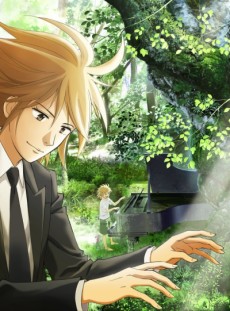 ANIME DramaPiano no Mori (TV)
ANIME DramaPiano no Mori (TV) ANIME DramaHibike! Euphonium
ANIME DramaHibike! Euphonium MOVIE AdventurePiano no Mori
MOVIE AdventurePiano no Mori ANIME DramaChihayafuru
ANIME DramaChihayafuru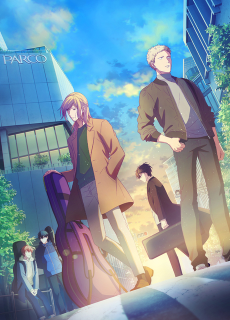 MOVIE DramaGiven Movie
MOVIE DramaGiven Movie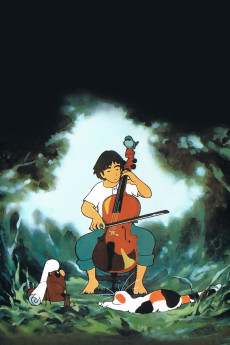 MOVIE ComedyCello Hiki no Gauche
MOVIE ComedyCello Hiki no Gauche
SCORE
- (4/5)
MORE INFO
Ended inJune 15, 2007
Main Studio J.C.STAFF
Favorited by 920 Users







